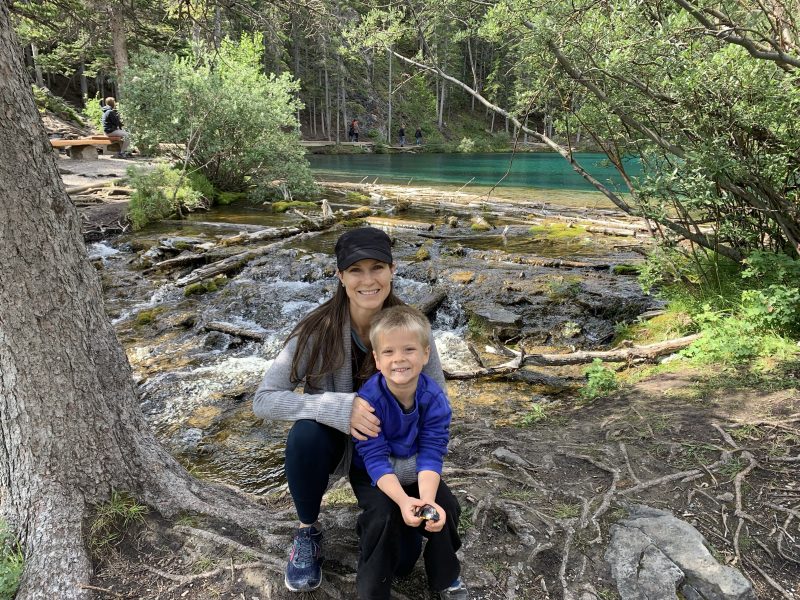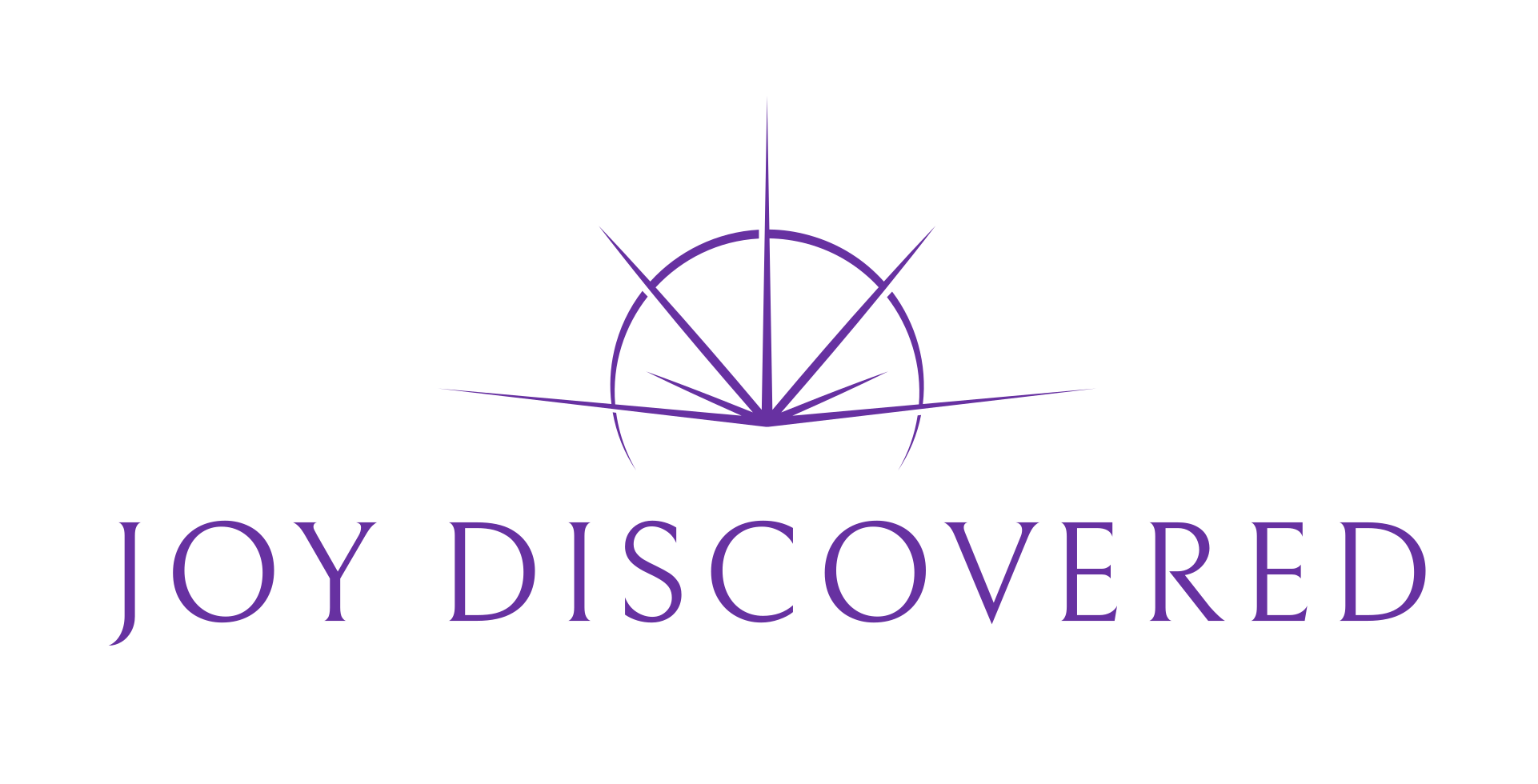Get Rid Of Overwhelm With These 5 Mindfulness Tricks

“I’m overwhelmed.”
I hear this from career moms all the time. I hear this from adults across the board, really. In fact, overwhelm is a feeling most of us were introduced to even before adulthood. I remember feeling overwhelmed way back in high school when I was juggling sports, speech or mock trial, A grades, church requirements, a job, and the desires of a teenager. (Which leads me to question if the pressure we put on our children to do, do, do, achieve, achieve, achieve, and fill their schedules to the brim is what’s in their best interest – but I’ll save that for a different blog post.)
While overwhelm is common in our culture, it doesn’t have to overtake your life. Here are a few ways to put on your mental and emotional life jacket, so you no longer feel like you are drowning.
First of all, understand that if you are feeling overwhelmed, it’s because your mind is living in the future. To calm it down, shift to the present moment and ask yourself, “What’s the one thing I can do right now to alleviate this feeling of overwhelm?”
If your brain is like mine, it will likely start naming a laundry list of things to do. So again, bring yourself back to the present moment and determine what is the one thing that is most important for you to do right now. Then do that thing and take it one step at a time.
If you stay in overwhelm and fretting about the future and how you are going to get everything done on time, you will paralyze yourself and stay frozen. Instead, take one action, one step as you stay in the present moment. With action comes clarity – clarity for your next best step and clarity that all is really going to be ok.
Where there is overwhelm, there is often also worry. While worry gets a bad rap, it’s actually a good thing, because it can indicate to us what action we should take. If I get in my car and am worried that I might get in a car accident, the action I can take is to put on my seat belt.
If you are worried about something and there’s no action you can take in the present moment, then the worry does not deserve space in your brain and will only contribute to overwhelm and anxiety.
For example, if I put on my seat belt because I’m worried I’ll get in a car accident, and then continue to worry about getting in an accident, I have a higher likelihood of actually getting in the accident. Since I am so distracted by my worry, I may not be mentally present to see the car in front of me slamming on its brakes.
If there’s nothing you can do in the present moment for what you are worried about, then you have to let it go.
One of my Mindset Coaches taught me a simple practice for acknowledging and releasing an emotion that has got a hold on you. It’s basically a 4-step conversation that you have with yourself that goes something like this:
(I’ll use overwhelm as the example, but fill in any emotion you desire to let go of.)
1. Right now I feel overwhelm.
2. I know it’s overwhelm because I’ve felt it before.
3. It didn’t serve me then and it doesn’t serve me now.
4. Right now I release overwhelm. Thank you. Bless you. Goodbye.
If you still feel overwhelm or whatever emotion you were trying to release with this practice, don’t beat yourself up. Emotions are often gateways to our inner self. They exist to give us messages about what is or isn’t working in our life.
Invite the emotion in, sit with it, be curious about what it has to teach you in your life right now. You can even have a conversation with it in your journal:
“Overwhelm, why are you showing up for me right now? What are you trying to tell me?”
One final point on overwhelm before I wrap up:
We live in a culture where achievement and doing more are lauded and so overwhelm is a natural consequence of too much doing, doing, doing. So many of us believe that once we finally achieve our goal we will be happy – once we have the baby, get the promotion, complete the project, write the book, all will be good.
But happiness is an inside job that comes from enjoying the process. Otherwise, as soon as you make it to the peak of one mountain, you’ll find yourself at the bottom of the next. If you don’t enjoy the hike, life will always feel like an up-hill overwhelming climb.
Here’s to enjoying the journey!
[activecampaign form=5]



![Easing Anxiety As Our Kids Head Back To School [Little Human Leadership] Untitled (1128 × 191 px) (Instagram Post) (1080 × 800 px) (1080 × 700 px)](https://i0.wp.com/www.joydiscovered.com/wp-content/uploads/2022/07/Untitled-1128-×-191-px-Instagram-Post-1080-×-800-px-1080-×-700-px-e1659633689160.png?resize=150%2C150&ssl=1)


What's your greatest take-away from this blog? Any questions?